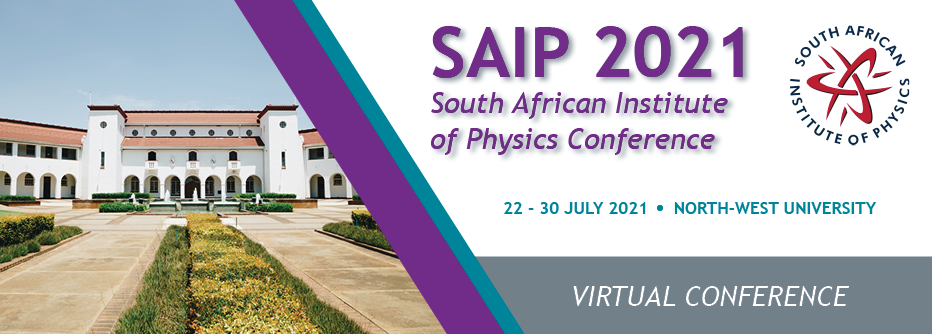Speaker
Description
In this project, ideas for the implementation of a data-quality early warning system (DQEWS) are explored. The DQEWS project aims to use supervised machine learning (ML) methods to evaluate data-quality from the ATLAS detector for each sequential luminosity-block over the course of a run. The idea is to then
make use of feature extraction from the results of the classification procedure in order to determine which of these features in the data-sets can reliably indicate problems in the detector, while accounting for expected differences in distributions as the beam intensity reduces over the course of a run. In principle, it is these features which may point experts to issues further down in the DAQ process which may be resulting in this drift during a run of the detector. This is, in essence, an exploration of an idea for a data-quality monitoring
system for the ATLAS detector. Within the scope of this project thus far, the following have been shown. Firstly, the use of gradient boosted decision trees (GBDTs) are preferable to deep neural networks (DNNs). This is due to DNNs requiring more computational power than GBDTs to backpropagate through the trained
models’ internal weights in order to rank the features used in classification. Secondly, differences in datasets have been shown with the training of the GBDTs, and are shown to increase with comparisons of LB data further apart from the initiation of a run of the detector.
Apply to be considered for a student ; award (Yes / No)?
Yes
Level for award;(Hons, MSc, PhD, N/A)?
MSc

